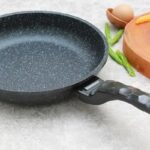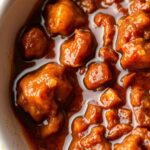The convenience and flexibility of rice cookers make them almost indispensable in our busy modern lives. However, if used incorrectly, rice cookers can have negative health effects and may even be linked to cancer.
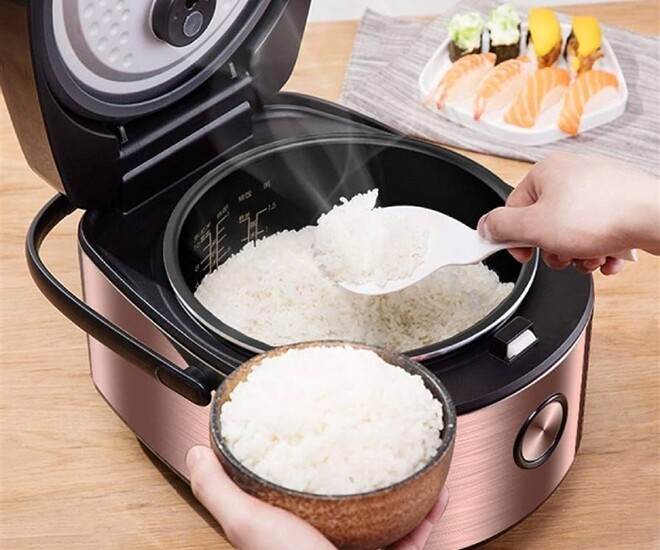
Never Use This Rice Cooker Function Again
Behind the modern appearance and familiar convenience of rice cookers lies a concerning hidden danger: the non-stick Teflon coating.
Most rice cookers today have Teflon-coated inner pots. This material prevents rice from sticking, makes cleaning easier, and prevents food from directly contacting the metal surface. However, this seemingly harmless coating can become a silent health hazard if not used properly.
According to the latest warning from the General Administration of Quality Supervision, Inspection and Quarantine of China, Teflon can flake off when the pot is scratched, scrubbed vigorously, or operated at extremely high temperatures, such as during prolonged warming, dry cooking, or extended stewing.
These tiny flakes can then mix with food and enter the body without the user’s knowledge.
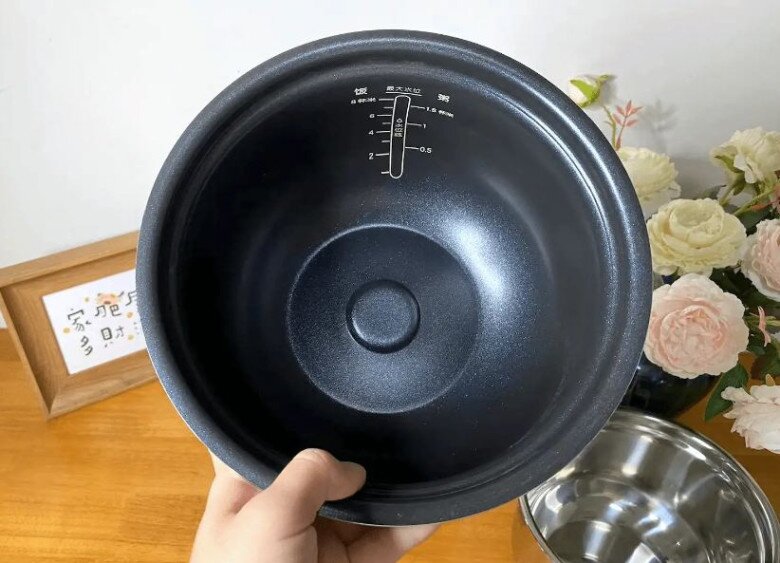
Teflon is a stable chemical compound under normal conditions, but once it enters the body, it is difficult to decompose and excrete. Over time, these chemicals accumulate, leading to metabolic disorders, cell damage, and an increased risk of cancer.
One of the toxic substances produced from the breakdown of Teflon at high temperatures is PFOA, which has been proven in studies to damage the liver and endocrine system and is a risk factor for cancer.
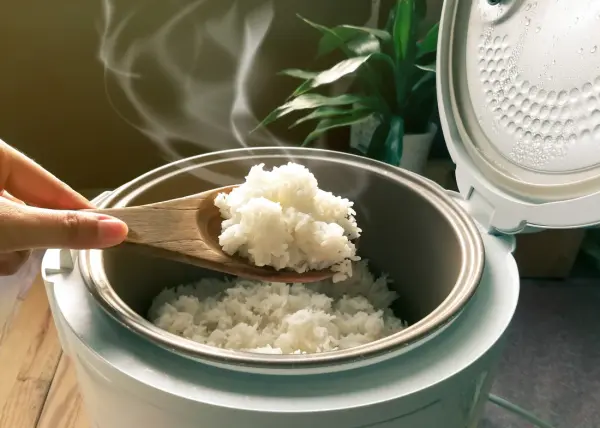
As you can see, even a small, incorrect habit can have significant health consequences. Therefore, when using a rice cooker, avoid using the following two functions:
– Do not keep the rice cooker on the warm setting for extended periods: The keep-warm function is convenient, but leaving rice in the cooker for too long will cause it to dry out and lose its flavor. More importantly, the continuous high temperature will put stress on the non-stick coating, shortening the appliance’s lifespan and potentially affecting your health.
– Do not cook dishes that require extended cooking times: Rice cookers are not designed for dishes that require long cooking times, such as stewing soup for hours or frying food. Overusing the cooker for such purposes can lead to overload, rapid deterioration of the non-stick coating, and even electrical hazards.
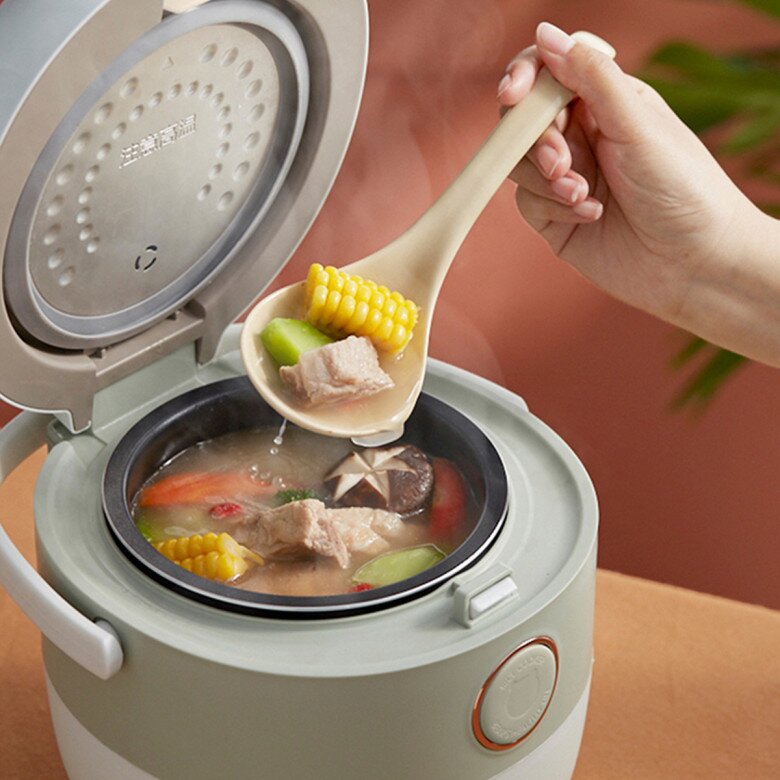
Habits That Are Secretly Damaging Your Rice Cooker
– Heating the pot without water or cooking rice without enough water
Many people have the habit of plugging in the rice cooker before adding rice and water, or they may accidentally operate the cooker without water. This is a dangerous mistake as it can cause the inner pot to overheat, leading to premature failure and damage to the non-stick coating.
When the coating is compromised, harmful chemicals may mix with the food, posing health risks over time.
– Using metal spoons or sharp objects to scrape the bottom of the pot
Some people use metal spoons or spatulas to fluff the rice or scrape burnt residue from the bottom of the pot. This can scratch and damage the non-stick coating.
When the coating is damaged, it not only reduces cooking efficiency but also poses the risk of releasing microplastics or chemicals into the food.
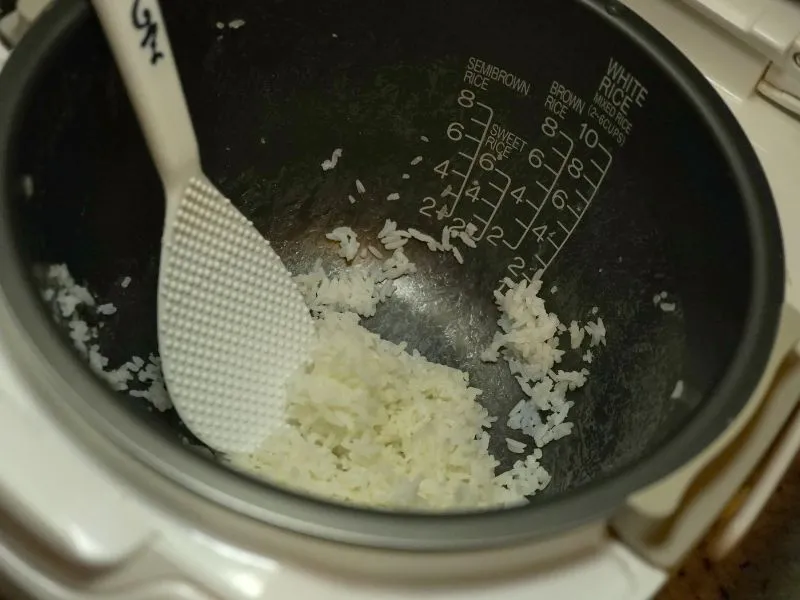
– Using metal scrubbers or harsh detergents to clean the pot
While cleaning the rice cooker after each use is necessary, using metal scrubbers or harsh detergents can accelerate the deterioration of the inner pot’s coating.
The non-stick coating can become brittle and flake off, directly affecting the durability and hygiene of the appliance.
– Continuing to use a pot with a damaged or cracked coating
Some families continue to use rice cookers with flaking non-stick coatings or cracked inner pots, thinking that they are “still usable.”
In reality, these flakes can cause you to ingest microplastics or chemicals without realizing it, leading to serious health problems over time.
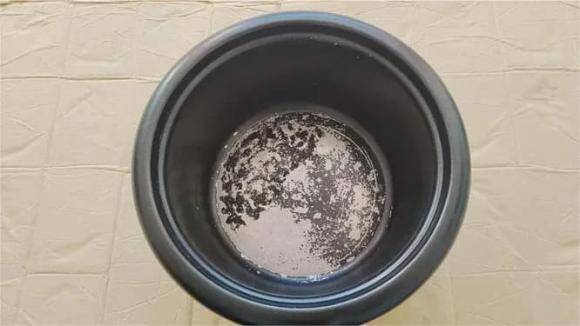
– Not cleaning the lid and steam vent properly
The lid and steam vent are often overlooked during cleaning, but they can accumulate water vapor, grease, and bacteria if not cleaned regularly.
When cooking rice, bacteria and old odors from these parts can fall onto the rice, affecting the quality of the meal. Therefore, it is essential to clean the rice cooker thoroughly, including the heating plate, lid, steam vent, and other components.
The Tuber with the Highest Microplastic Content: Unknowingly Consumed by Many Vietnamese Daily
Recent studies have revealed a shocking truth: carrots, the humble root vegetable, are laden with microplastics. These tiny plastic particles, invisible to the naked eye, have infiltrated our food system and could potentially impact our health. This eye-opening discovery sheds light on the pervasive nature of plastic pollution and raises concerns about the unseen dangers lurking in our everyday lives.
























